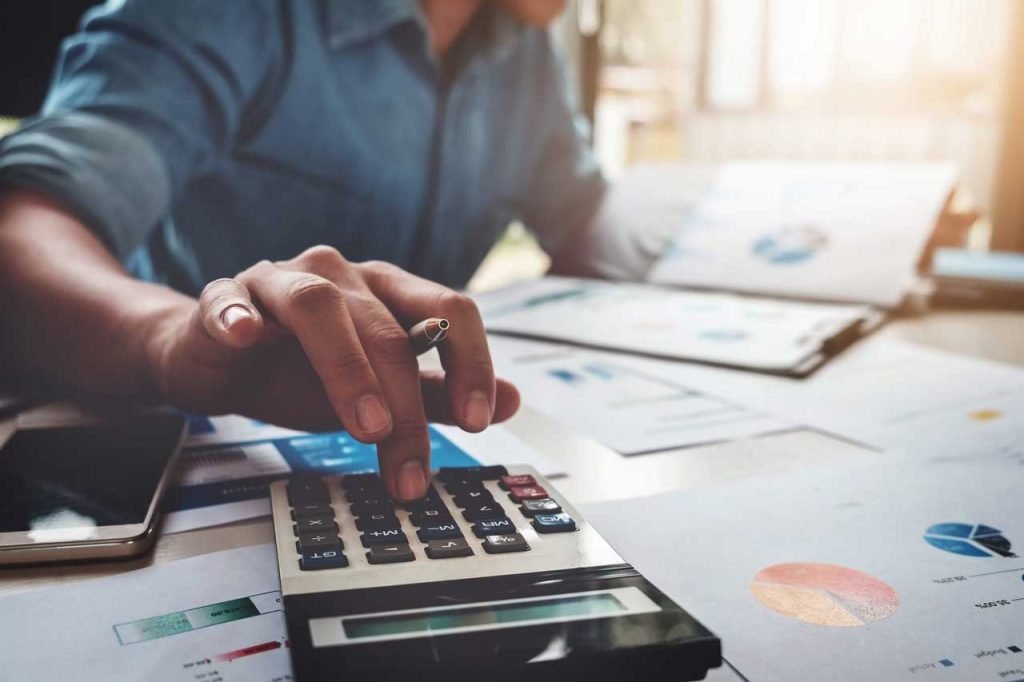If the year 2020 taught us anything, it’s that we should — and must — expect the unexpected. Many of us saw our lives change in drastic ways as a result of the pandemic, including financially. According to a poll from NPR, for instance, 50 percent (or more) of households in four major cities — Houston, New York, Los Angeles and Chicago — reported dealing with “serious financial problems” during the pandemic, like draining their savings and having difficulty affording housing. A financial planner is a professional who helps individuals and businesses create and implement financial plans to achieve their goals which helps them to uncertain financial crises.
It’s difficult to plan for the future when you’re not sure exactly what will be coming down the pipeline. However, it is possible to financially prepare yourself as much as possible for the future so you can face whatever comes when it does.
Here are some tips on how to go about planning personal finances for an unsure future.
Make a Plan, Despite Uncertainty
It may seem tempting to avoid financial planning for the most part because we can’t predict everything that’s going to happen. However, this approach will only make you vulnerable to future events. There are universal actions you can take now to help strengthen your financial future, regardless of exactly what will occur.
CNBC Make It suggests continually working toward a five-year plan by taking on one basic personal finance-related task per day for a month. The idea is that at the end of the month you’ll have a much better understanding of your current financial situation as well as a stronger foundation to tackle future challenges. Some of their daily “achievable financial tasks” to start with include:
- Start tracking your spending using an app or spreadsheet
- Calculate your net worth, all assets and debts considered
- Explore your bank account options (and take advantage of sign-up bonuses or high-yield interest rates)
- Create a running personal finance to-do list and check off one item each day/week
- Create a game or competition that helps you motivate yourself to save
The takeaway here is that there’s always something you can be doing now, even if it’s a seemingly small action, to better set yourself up for the future.

Prioritize Getting Rid of Debt A.S.A.P.
Carrying around debt tends to be expensive — just think about what you could do with all the interest you’re paying over time. Your future self just might thank your present self for prioritizing debt elimination, not only because you’ll get out from under those interest charges but also because debt is a headache to deal with.
Here are just some of the options worth researching further:
- Targeting one balance at a time until all your debts are gone, either by snowballing (smallest balance to largest) or avalanching (highest interest to lowest).
- Meeting with a credit counselor to go over your budget and possible enroll in debt management.
- Pursuing credit card debt settlement online at www.freedomdebtrelief.com.
- Consolidating debts through a balance transfer credit card or personal loan.
Rather than waiting until “someday” to tackle your debt, take a proactive approach.
Build Up Your Emergency Fund
Perhaps our first line of defense during tough times, emergency funds are meant to cushion the blow of unexpected expenses. The minimum amount experts typically recommend having on hand is between three- and six-months’ worth of living costs. It usually helps to start with small goals — like save your first $100 — and adjust them upward as you meet them. It also helps to make consistent payments, even if they’re small, then to deposit larger lump sums sporadically.
Nobody said it would be easy to plan your finances for an uncertain future, but doing the aforementioned actions now can help strengthen them against unknowns.

